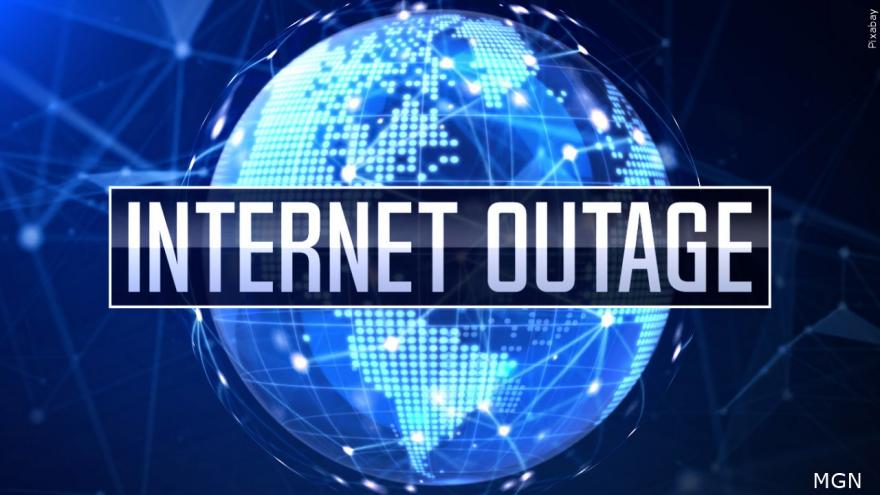Pakistan has been grappling with painfully slow internet speeds for weeks, sparking a heated debate over the cause. Activists accuse the government of constructing a China-style internet firewall to tighten control over the online space, while officials attribute the problem to the widespread use of virtual private networks (VPNs), which they claim are straining the network.
The issue has become a focal point of contention following widespread unrest triggered by former Prime Minister Imran Khan last year. During the ensuing turmoil, the government imposed blocks on social media platforms and throttled internet speeds, as the battle for public support extended from the streets to the digital realm. Since February, the micro-blogging platform X (formerly Twitter) has been inaccessible in Pakistan due to purported “national security” concerns. Imran Khan’s supporters are significant users of X, and Khan himself is the most followed Pakistani on the platform, with nearly 21 million followers.
On Sunday, Minister of State for Information Technology Shaza Fatima refuted claims that the government is responsible for the recent slowdown. Fatima stated that her team has been “working tirelessly” with internet service providers and telecommunications companies to address the issue. She attributed the slow speeds to a high volume of VPN usage, which she claimed was putting excessive strain on the network. According to Fatima, allegations that the government is behind the slow connections are “completely false.” She did, however, confirm that the government is upgrading its systems to enhance cybersecurity, emphasizing that such measures are necessary due to ongoing cyber threats.
Activists have criticized Fatima’s response as a “political dodge.” Shahzad Ahmad, director of the digital rights organization Bytes for All, told the BBC that his organization has “ample tech evidence” of a state-imposed firewall. Ahmad suggested that the firewall’s purpose is to monitor online traffic and suppress political expression, arguing that it affects not only civil liberties but also economic livelihoods. Farieha Aziz, co-founder of the non-profit Bolo Bhi, highlighted the detrimental impact on Pakistan’s business sector. The Pakistan Software Houses Association warned that the slowdown could jeopardize the country’s business prospects, estimating potential losses of up to $300 million and describing the situation as a “direct, tangible, and aggressive assault” on the IT industry’s viability.
In response to the crisis, activists have petitioned the Islamabad High Court, seeking to have access to the internet recognized as a fundamental right under Pakistan’s constitution.


